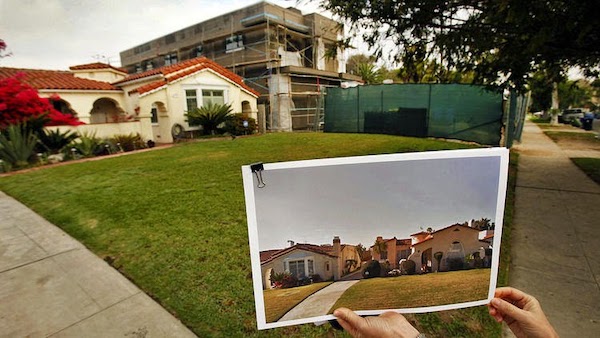There was a time, and not so long ago, when politicians who flouted deeply held public feelings often faced survival threats the next time they ran for reelection.
Those days may not be totally over in California, but for the most part they are now confined to intra-party disputes during primary elections. The times appear long gone when the Legislature’s minority party would seriously try to regain a majority in either the state Assembly or Senate as a result of votes by their political opponents.
Republicans, with fewer than 30 percent of the state’s registered voters, harbor no illusions they will soon win back control of the Legislature. So when conservatives viscerally dislike and detest something, they are now taking the referendum route, asking voters to overturn laws before they take effect.
California voters will see on their ballots next November some products of the GOP’s throwing in that legislative towel.
When Democrats in the 1960s passed the Rumford Fair Housing Act banning racial and religious discrimination in real estate rentals and sales, Republicans made a strong effort to oust many of them and retake a majority.
There has been no similar issue-driven effort in half a century.
Before last year, Californians had not faced a serious referendum drive since 1982 (like ballot initiatives, referenda quality for the ballot by gathering voter signatures). A bipartisan popular vote then overturned the Legislature’s plan to build a Peripheral Canal to bring Northern California river water south around the Delta of the Sacramento and San Joaquin rivers.
In 2012, voters faced one referendum, placed on the ballot by Republicans unhappy with a nonpartisan citizens commission remap of state Senate districts. The measure lost by 72-28 percent. There was some confusion, as there often is with referenda: A yes vote on the referendum actually supported the law the measure sought to overturn.
It will be similar next year, when voters will likely face three referenda, on the social issues of gambling, abortion and gender identification.
The anti-abortion and anti-transgender rights measures both are the work of conservative political activists, while the anti-gambling referendum is funded mostly by casino Indian tribes disliking the idea of other tribes building gaming resorts off their remote reservations. “Don’t allow gambling where it’s convenient,” they will essentially beseech voters. “Instead, keep using our remote locations.”
In fact, more money could be spent on both sides of that referendum, which aims to overturn gambling compacts approved for two small tribes, than on the transgender- and abortion-related ones.
The gender identification measure, which may often be called a “bathroom battle,” targets a new law letting transgender students in public schools use whichever sex restroom they feel most comfortable in. It also lets them compete in sports with the gender of their choice. So you could have some boys who identify as girls playing on girls’ teams without undergoing sex-change operations.
The abortion-related referendum, for which signatures are now being gathered, seeks to block a new law allowing early-term abortions by specially trained nurse practitioners, nurse-midwives and physicians assistants. That law resulted from a six-year pilot program at the University of California at San Francisco which saw more than 8,000 early-term aspiration abortions conducted and no more complications than when the same procedure is done by doctors.
The idea of that new law is to make abortions more available in more than 25 counties that now have no abortion providers.
Leading opponent the Most Rev. Gerald Wilkerson, president of the California Catholic Conference, maintains that “Until (abortion) becomes illegal, we will oppose measures which expand it.”
Abortion foes hope to get the same degree of volunteer support enjoyed by opponents of the new transgender law. Most signatures to quality the referendum to overturn that one were obtained by volunteers.
But referenda are a piecemeal approach. Even in a day when they are becoming more common, voters offended by some new laws will not get a chance to try repealing most of what they dislike.
And yet, with one party essentially giving up on taking over significant parts of the state’s decision-making process, referenda may be the only recourse for deeply offended voters.













